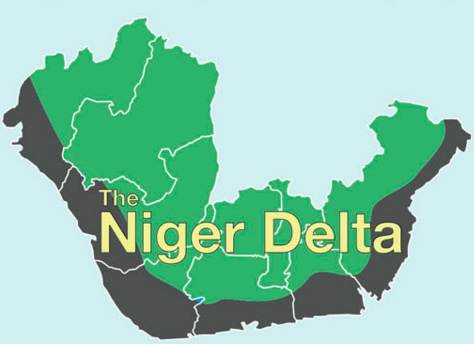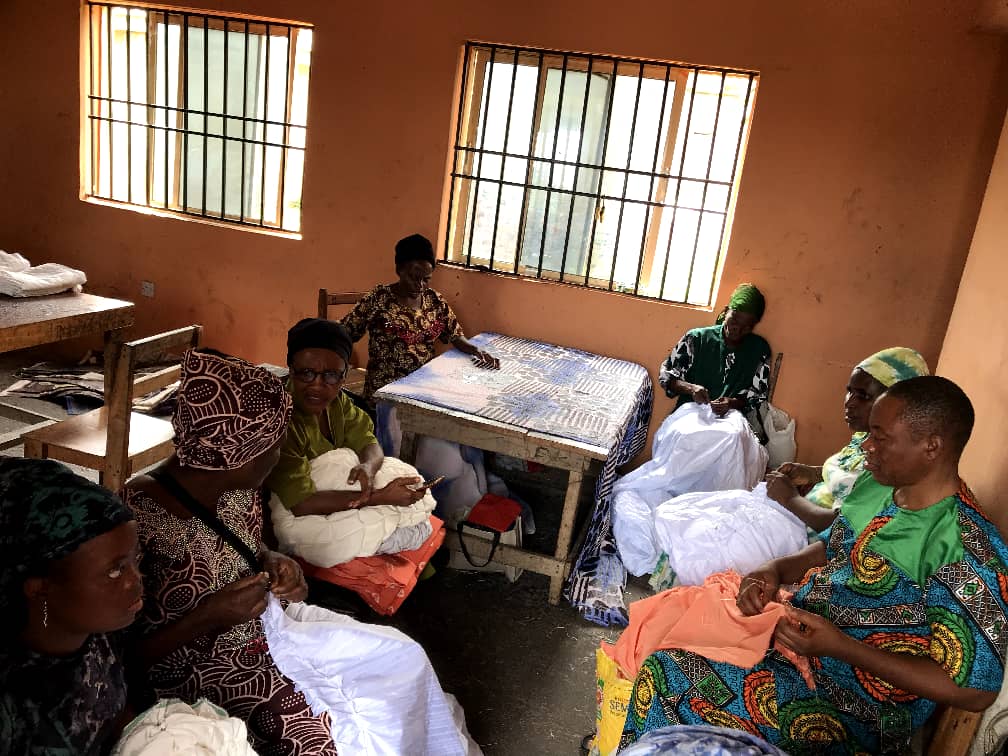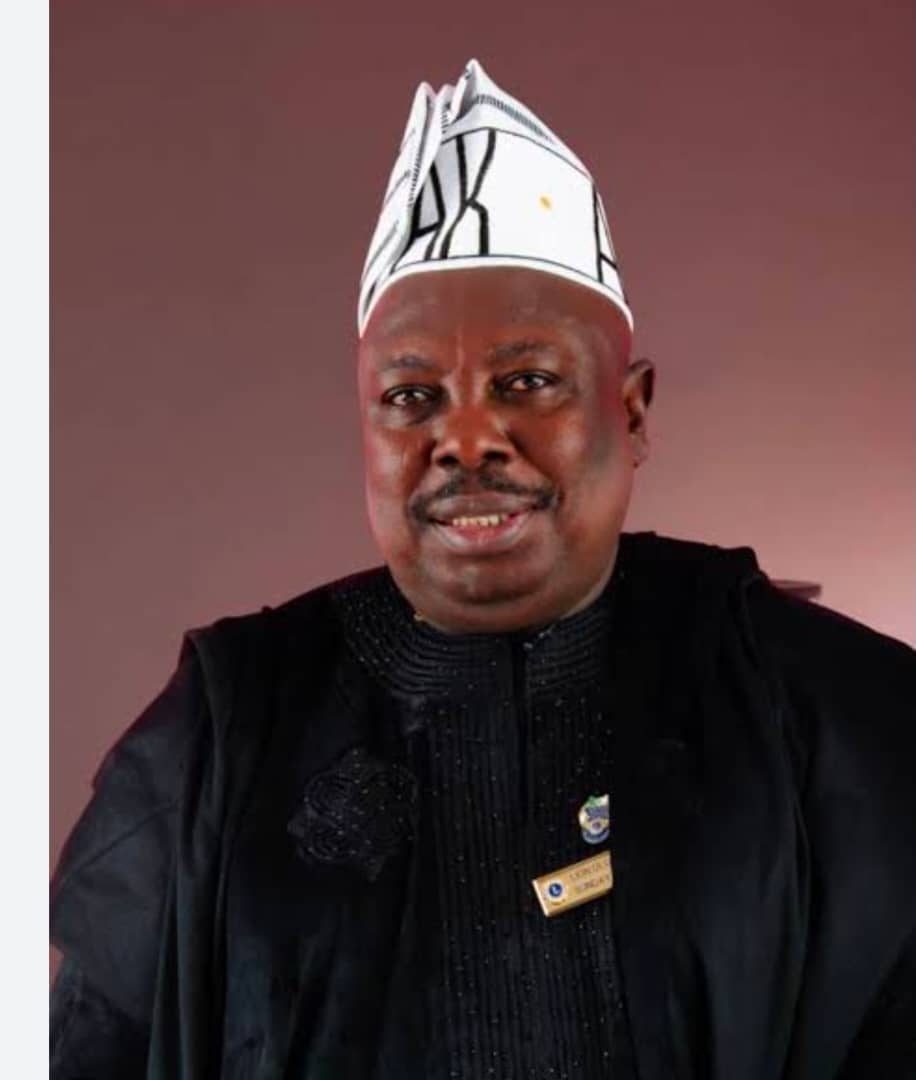CSOs, govt, others seek ways to undo shrinking civic space in N’Delta
[ad_1]
Government, Civil Society Organisations (CSOs) and media stakeholders in the Niger Delta region are seeking ways to stop the shrinking of the civil space in the region.
Both state and non-state actors are said to be key players in the region’s Civic Space, yet having the space drastically shrinking, a situation that is said to be unhealthy for the region and its inhabitants.
Speaking after a crucial conference on the Shrinking Civic Space in Calabar, Lydia Odey, chief of party of the Strengthening Civic, Advocacy and Local Engagement (SCALE) project explained that, “stakeholders need to come up with specific tasks that they need to carry forward to bring about the opening of the civic space. I recommend synergy between CSOs, media and government.”
Mrs Odey further explained that the Civic Space project is founded by USAID and implemented by Palladium.
ALSO READ FROM NIGERIAN TRIBUNE
The South-South coordinator of the Transition Monitoring Group, Port Harcourt, Ambassador Sylvester Okodua, gave some recommendations for the opening of the Civic Space.
“In Rivers state for instance, our access to information via the Freedom of Information Bill (FOI) is not encouraging. Our access to government activities, budgeting, among others, is not also encouraging. There is need for collaboration between state and non-state actors, to engage, so as to open up the Civic Space,” she said.
Meanwhile, the Special Adviser to the Cross River State Government on Civil Society Organisations (CSOs), Mr. Sonnie Okem, cautioned that “CSOs should be more relative; domesticate in the state and the Niger Delta region, share information and collaborate with government.”
Stakeholders lamented the effect of the shrinking Civic Space on vulnerable groups like women, children and other sectors like the media, traditional institutions, among others.
[ad_2]















Post Comment